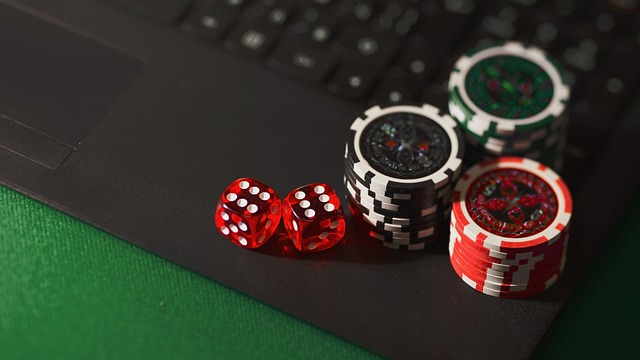As the gambling industry becomes increasingly digitized, protecting players has become a top priority. Traditional self-exclusion systems, which rely on user-initiated action, have long been a staple of responsible gambling measures. However, with the rise of artificial intelligence, casinos are now exploring more proactive and intelligent approaches. Self-exclusion AI is being implemented across online and land-based casinos to better detect, manage, and prevent harmful gambling behavior before it escalates. This shift marks a new era in player protection—one where technology takes an active role in safeguarding users.
The Limitations of Traditional Self-Exclusion
Historically, self-exclusion has required players to voluntarily opt out of gambling services by submitting a request to block their access. While this system has helped many, it depends heavily on self-awareness and initiative, which can be lacking during addiction cycles. Additionally, some individuals bypass self-exclusion by creating new accounts or using unregulated platforms, making enforcement inconsistent.
These gaps have led regulators and casino operators to seek more robust, automated solutions. That’s where AI-powered systems come in.
How Self-Exclusion AI Works
Self-exclusion AI uses machine learning algorithms and behavioral data analysis to identify patterns that suggest problem gambling. These systems monitor user activity in real time, analyzing variables such as:
- Frequency and duration of play
- Size and speed of bets
- Chasing losses or rapid deposits
- Emotional language in chat or customer support tickets
- Repeated changes in deposit limits or time-outs
When these indicators reach a certain threshold, the AI can either trigger a warning, suggest a break, or automatically flag the account for human review. In some cases, it can even initiate temporary suspension or escalate to full exclusion, depending on the platform’s policies.
Benefits of AI-Driven Self-Exclusion

AI offers several key advantages over manual systems:
1. Early Detection
By identifying risky behavior early, AI can intervene before users reach a crisis point. This proactive approach helps reduce long-term harm and financial loss.
2. Consistency and Speed
AI systems operate without fatigue or bias. They apply consistent logic to every user, flagging problematic patterns immediately without waiting for human input.
3. Personalized Interventions
Rather than issuing a blanket response, AI can tailor interventions based on individual behavior. One user might receive a notification encouraging a break, while another could be directed to support services.
4. Reduced Burden on Support Teams
Automated detection frees up human resources, allowing responsible gambling teams to focus on high-priority cases and provide more meaningful assistance.
Integration with National Exclusion Schemes
Some jurisdictions are exploring ways to integrate AI detection with centralized exclusion registers like GamStop (UK) or ROFUS (Denmark). When risky behavior is detected, the AI system could:
- Recommend user enrollment in national exclusion databases
- Auto-block accounts linked to previously excluded individuals
- Cross-check identities to prevent re-registration with fake credentials
This seamless integration ensures better enforcement across platforms, reducing loopholes and strengthening compliance with responsible gaming regulations.
Ethical and Privacy Considerations
While AI can improve safety, it also raises serious questions about ethics and privacy. Monitoring player behavior in detail could be seen as intrusive, especially when involving emotional or psychological analysis.
Casinos must ensure that:
- Data is anonymized and securely stored
- Players are informed about monitoring tools through clear terms of service
- AI systems are audited to prevent false positives or discriminatory outcomes
- Players have the right to appeal decisions made by AI-driven tools
Striking a balance between protection and personal privacy is critical for maintaining trust.
The Future of AI in Responsible Gambling

As technology evolves, expect more advanced features such as:
- Emotion recognition via facial expressions (in live gaming environments)
- Natural language analysis to detect distress or self-harm signals in player chats
- Cross-platform detection, enabling exclusion across apps, casinos, and devices
- AI therapy referrals, automatically connecting players to professional help if needed
AI won’t just block harmful behavior—it will increasingly serve as a supportive assistant, guiding players toward healthier gambling habits with timely nudges and resources.
Final Thoughts
AI is reshaping how casinos approach player safety, turning self-exclusion from a reactive tool into a proactive, intelligent safeguard. By recognizing problem behavior early and offering tailored interventions, self-exclusion AI can protect vulnerable users more effectively than ever before.
Still, the goal isn’t to replace human oversight—it’s to enhance it. When implemented responsibly, AI becomes a powerful ally in creating a gambling environment that’s not only engaging but also safe and sustainable. For players and operators alike, this represents a meaningful shift toward a more mindful and accountable gambling future.
